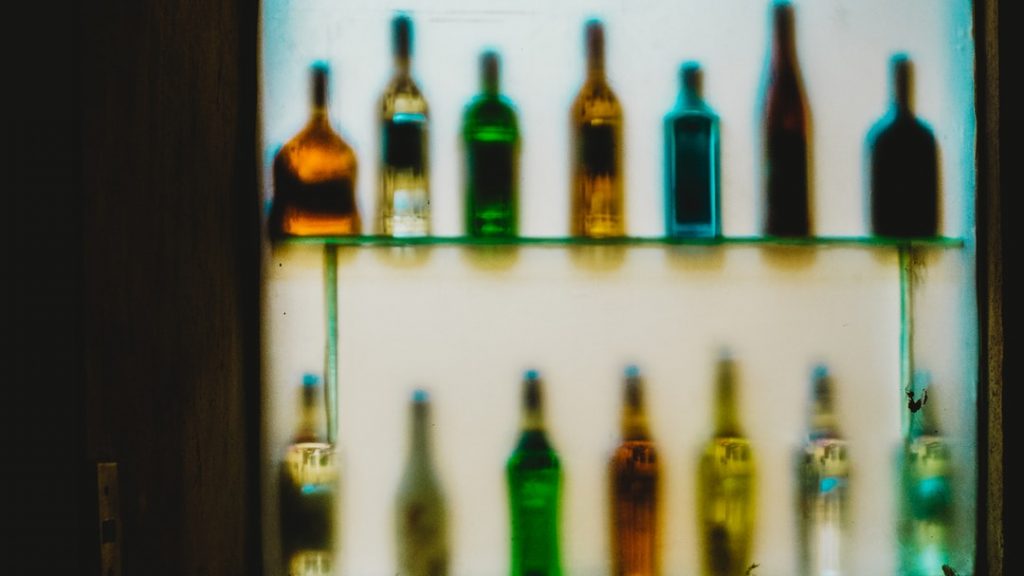Understanding the Alcohol Recovery Process for Better Results
Do you have a drinking problem and want to stop? The answer you’ll tell yourself is probably something along with lines of, ‘no, I can stop when I want.’
Unfortunately, with the disease of addiction and alcoholism, that answer is a lie. If you have decided to get help, congratulations. You are taking a step in the right direction!
We want to walk you through what an alcohol recovery program might look like, from rehab to aftercare, to daily life. Keep reading for more information!
Inpatient Treatment
If you are deep into the throes of alcoholism, you may consider treatment at an inpatient facility. These facilities are similar to what you see on your favorite TV shows and last around 28-35 days.
The great thing about choosing an inpatient facility is that there is a full staff available to help you through detox and treat any co-occurring disorders. Of course, the therapy sessions will help you work through underlying issues regarding alcohol.
Outpatient Treatment
After you have completed inpatient rehab, it may be recommended for you to attend outpatient treatment. This treatment is more like group counseling.
Often, outpatient treatment meets 3-5 times per week, for 3-5 hours at a time, depending on the format of the program. The purpose of this is to continually have support from your peers and counselors.
You will also learn about post-acute withdrawal syndrome (PAWS) and what you can do to combat it. This is a key concept for people with a long history of drinking as there has been a lot of damage done to the brain.
12-Step Meetings
There are very few rehabilitative programs that do not use a 12-step model as a guide to alcohol recovery. No matter if you choose an inpatient treatment center, outpatient program, or neither, 12-step meetings will be a cornerstone of sobriety.
These meetings last for an hour, but many members arrive a few minutes early and stay a few minutes late to visit with other people. The topics can range from one specific step of the twelve, what kept the group sober today, gratitude, or a range of other related discussions.
12-step meetings also recommend sponsorship, which is similar to an accountability partner.
Living Arrangements
Depending on your living arrangements before choosing to get sober, you may consider Sober Living. These are homes that are often affiliated with some sort of program or non-profit.
Many of these homes require residents to have a sponsor, attend 12-step meetings, and meet other obligations for the house. It is wise to consider these programs because you will make friends in a sober community and learn to place principles before personalities.
Alcohol Recovery: A Choice for a Bright Future
While you are in rehab and when you are a newcomer to the 12-step meetings, you will hear a lot of platitudes. Although they may seem silly and unattainable, these phrases will eventually make sense.
Choosing alcohol recovery won’t be an easy road, but you will become a better person, make deeper connections, and live a happier life. With sobriety, you may also notice that over time, you will feel physically better and more energized!
Also, if you are committed to your recovery from alcohol, learn a few relapse coping skills to help keep you on the right track

